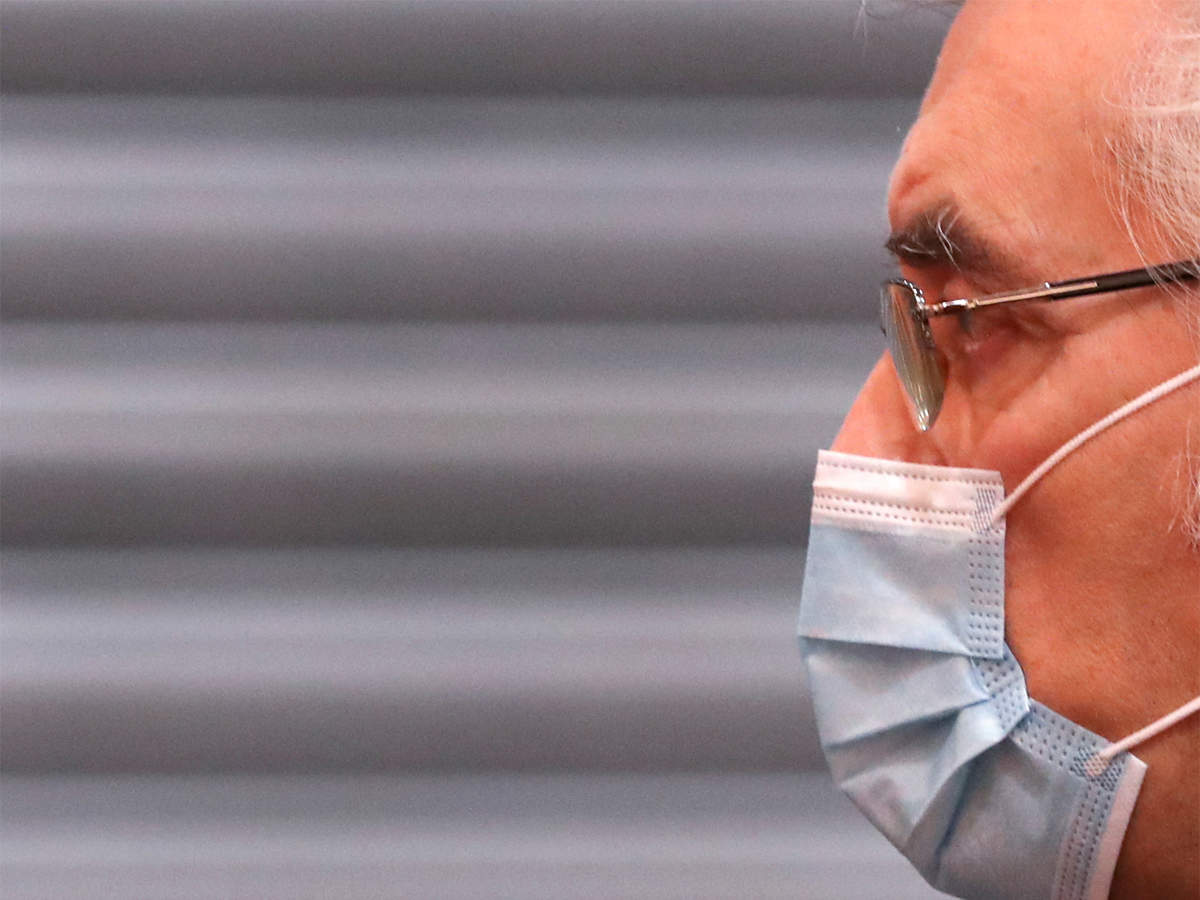The key theme of Ian McEwan’s latest book Machines Like Me is moral choice.
The protagonist, Charlie, purchases Adam, a highly intelligent robot to keep him company. However, when Adam stops following Charlie’s orders and decides to expose Miranda’s (Charlie’s lover) bitter past of perjury to the legal system, Charlie ends Adam’s life. In his choice between Adam and Miranda, Charlie chooses Miranda.
Just like Charlie in the book, the current coronavirus pandemic is forcing governments around the world to make a moral choice and prioritise patients – leaving the older population is being sidelined.
With the large number of COVID-19 cases in Italy, the Italian College of Anesthesia, Analgesia, Resuscitation and Intensive Care issued guidelines regarding allocation of health resources. The guidelines indicated that priority should be given to those who have, first, “greater likelihood of survival and, second, who have more potential years of life.” Following the principle of utilitarianism, Italy chose to save maximum number of lives.
In the same vein, the National Institute for Health and Care Excellence in the UK advised doctors to admit patients to critical care depending upon their chances of recovery. Likewise, in Spain, intensive care wards have orders to give priority to younger patients. Finally, in the US, the pandemic has generated a new meme – the “boomer remover.”
Also read: The New Normal: ‘I Feel Trapped With My Inner Thoughts’
Though several media reports have claimed that the elderly are at higher risk of being infected by COVID-19, most of the first world countries have chosen to deprive treatment to their older population. An analysis of the death rates suggest that patients in the age-group of 80 and above have the highest death rate (15%), followed by 70-79 (8%) and 60-69 (3.6%). As compared to the older population, the death rate for the age group of 30-39 and 20-29 is 0.2% for both the groups.
A person’s immune system gradually weakens with age, and hence the elderly are at much greater risk at this moment. While the first world is clearly making a choice and prioritising its patients, India on the other hand is giving additional woes to its elderly through the 21-day lockdown.
Elderly in urban India: Loneliness a major issue
As per the latest census, out of 8.6% of the older population, 6% of the elderly live alone in India.
As the government has implemented a strict social distancing rule, the elderly are dealing with loneliness and depression.
In a recent conversation, my 73-year-old aunt, who has been widowed for the last 15 years and lives alone in a cooperative society in Kolkata, said that she is feeling suffocated at home. With nowhere to go and with only COVID-19 news playing on the television, she says hat she might lose her sanity by the end of the lockdown. Likewise, my husband’s 82-year-old grandmother said that the constant news of death of old people has put her into a depression.
While many deal with mental health issues, others struggle to survive on a daily basis. As a 71-year-old neighbour told me, “Our mothers did not teach any household skill to boys. I was always dependent on my maid and cook to look after my needs.”
Now, with the lockdown, he is dependent on us for his meals.
Also read: The Embarrassing Eight: How Not to Lead a Pandemic
Another 66-year-old uncle, who lives alone in a high rise apartment in Gurgaon, said that though his daughter lives nearby and would visit him every day before the lockdown, his housing society has put a complete ban on all visitors – including blood relatives. He is also dependant on a neighbour for his meals.
While several state governments such as Kerala, West Bengal and Delhi have launched initiatives to provide relief and basic necessities to the elderly, mental health as an issue has not been considered by the central government. A majority of India’s elderly are living alone and in case of an emergency such as a stroke or a heart attack, there is no one to check on them on a regular basis.
Lack of policies
Most of my older relatives and neighbours in India expressed their fear over the fact that as the cases rise, the central government will soon start prioritising healthcare to younger and healthier patients.
Given the inefficient and ineffective public health system of India, the central government might restrict its scarce resources to the fit and productive individuals of the country. Due to a lack of policy for the old in the country, the pandemic has only worsened their situation and before the government announces the next lockdown, it needs to pay heed to the problems of the country’s old population.
Featured image credit: Reuters

